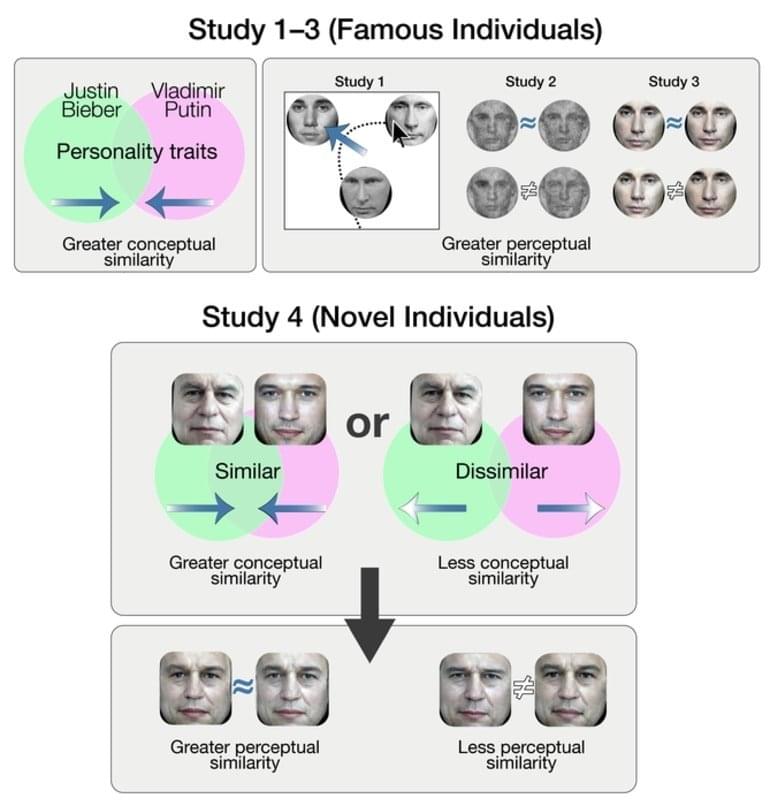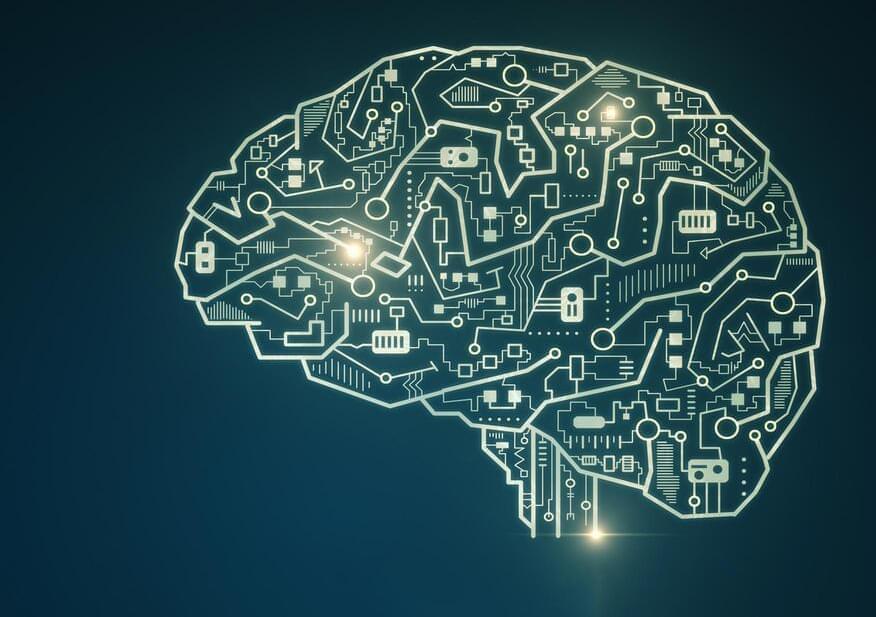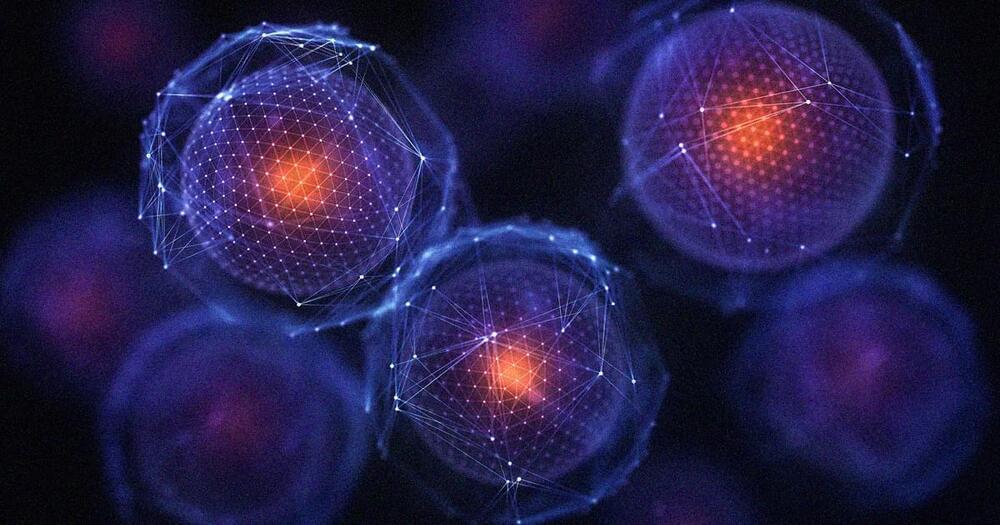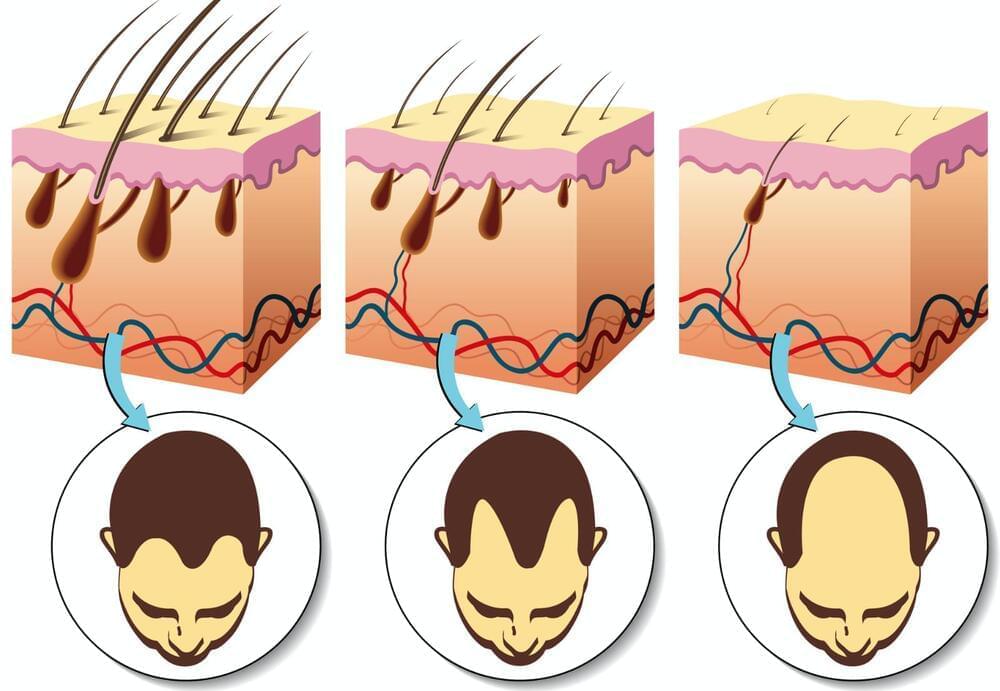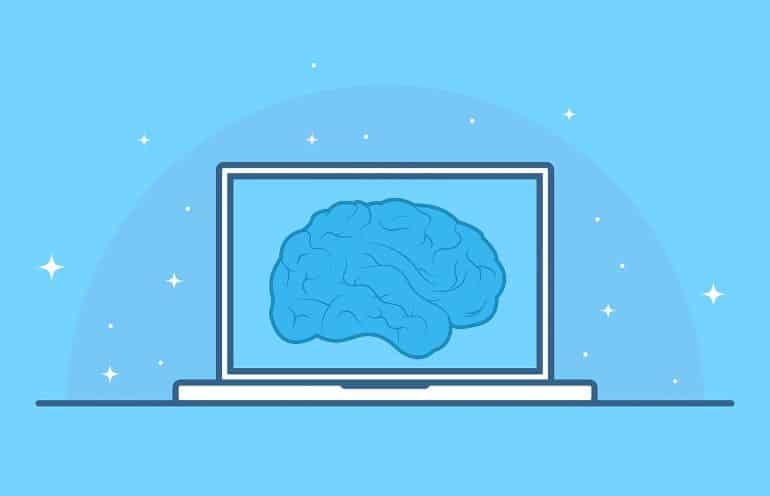Mushrooms and other kinds of fungi are often associated with witchcraft and are the subjects of longstanding superstitions. Witches dance inside fairy rings of mushrooms according to German folklore, while a French fable warns that anyone foolish enough to step inside these ‘sorcerer’s rings’ will be cursed by enormous toads with bulging eyes. These impressions come from the poisonous and psychoactive peculiarities of some species, as well as the overnight appearance of toadstool ring-formations.
Given the magical reputation of the fungi, claiming that they might be conscious is dangerous territory for a credentialled scientist. But in recent years, a body of remarkable experiments have shown that fungi operate as individuals, engage in decision-making, are capable of learning, and possess short-term memory. These findings highlight the spectacular sensitivity of such ‘simple’ organisms, and situate the human version of the mind within a spectrum of consciousness that might well span the entire natural world.
Before we explore the evidence for fungal intelligence, we need to consider the slippery vocabulary of cognitive science. Consciousness implies awareness, evidence of which might be expressed in an organism’s responsiveness or sensitivity to its surroundings. There is an implicit hierarchy here, with consciousness present in a smaller subset of species, while sensitivity applies to every living thing. Until recently, most philosophers and scientists awarded consciousness to big-brained animals and excluded other forms of life from this honour. The problem with this favouritism, as the cognitive psychologist Arthur Reber has pointed out, is that it’s impossible to identify a threshold level of awareness or responsiveness that separates conscious animals from the unconscious. We can escape this dilemma, however, once we allow ourselves to identify different versions of consciousness across a continuum of species, from apes to amoebas. That’s not to imply that all organisms possess rich emotional lives and are capable of thinking, although fungi do appear to express the biological rudiments of these faculties.
